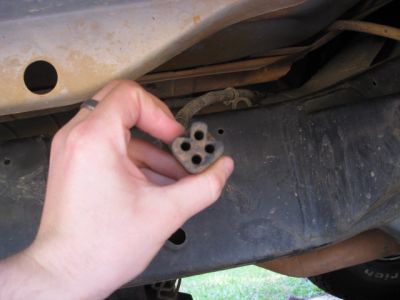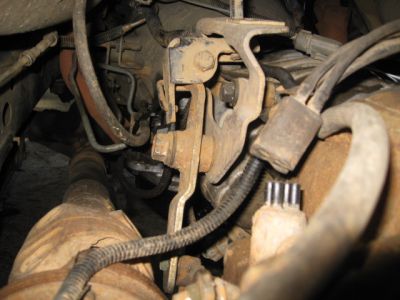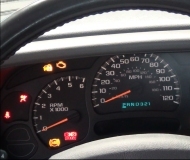Hi ragnarok1983. Welcome to the forum. Intermittent problems like this are almost impossible to diagnose when they don't act up long enough to do any troubleshooting. Diagnostic fault codes help but they don't solve every problem. One tool a mechanic can use is a scanner with a record / playback feature. I use the Chrysler DRB2 and DRB3, but I also have an OTC Monitor 4000 for older cars. There are also versions of scanners that can be left with the customer as long as necessary. When the problem occurs, you press the record button. Since the sensor data passes through the scanner's memory, the recording actually begins a few seconds before the button is pressed. Later, the mechanic can scroll through the data slowly, looking for a glitch with a switch or sensor.
You know the problem is not related to a plugged exhaust because it would act up all the time. The most likely suspects are the crankshaft position sensor and the camshaft position sensor in the distributor. Don't overlook something as stupid as the ignition switch. There have been a lot of problems with them developing overheated contacts and overheated terminals in the connector, but it usually affects a different circuit that feeds the heater fan, power windows, and radio.
The only thing that is not monitored by the Engine Computer is the fuel system. Specific conditions must be met to set fault codes so you still could have a bad sensor, but it just might not be acting up long enough for the code to set. It is very rare to have a fuel system problem cause intermittent stalling. Once the fuel pump starts running, it rarely stops running on its own. More commonly they fail to start up so they cause a no-start condition. The exception would be if the pump stops running due to a wiring problem. If someone jambed an add-on terminal next to a fuse terminal, such as when adding a cell phone charger, it can spread the fuse socket terminal. Later, when that add-on terminal is removed, it leaves the fuse loose in its socket. You might consider swapping the fuel pump and Automatic Shutdown (ASD) relays with other similar ones. If the problem still occurs, at least you know it wasn't caused by the relays.
If you can find someone with a scanner, you can read when the ASD relay is commanded on. It should turn on for one second when turning on the ignition switch, then again during engine rotation, (cranking or running). When the engine stalls, observe if the ASD relay is being told to turn off by the Engine Computer. If it is, you will lose spark and injector pulses, and possibly the fuel pump while it is off.
My final thought for the day has to do with your front wheels. If you're happy with the look and handling, at least understand that the deep offset puts a very heavy strain on the wheel bearings. The bearings have two rows of balls, and the original wheels placed the weight of the truck right between them. Using offset wheels moves the weight to the outer row of balls and makes the hub want to twist the bearing in its housing. As a former suspension and alignment specialist, I used to cringe overtime I saw those wheels. On the other hand, you should also understand that you may never have a bearing problem, or, ... More likely you'll have one become noisy regardless of whatever type of wheels you have. I only mention this to people because it COULD cause a problem and if it does, I want you to blame the wheels, not Dodge.
Caradiodoc
Monday, June 21st, 2010 AT 1:39 AM








